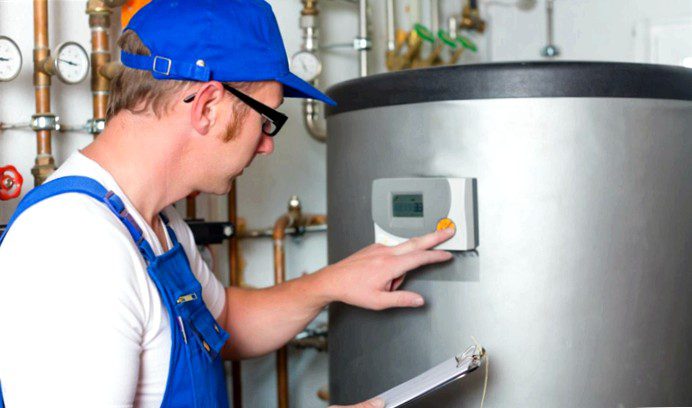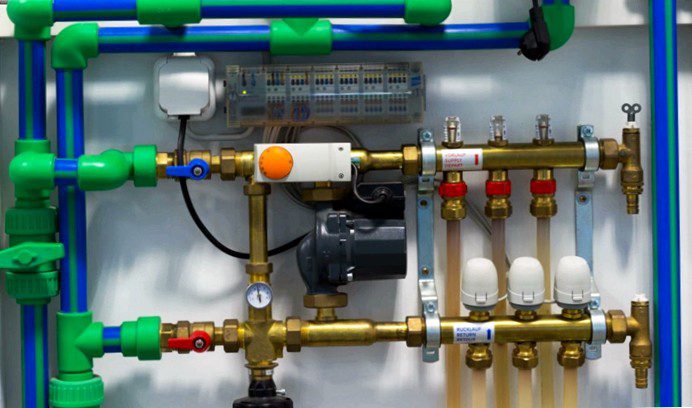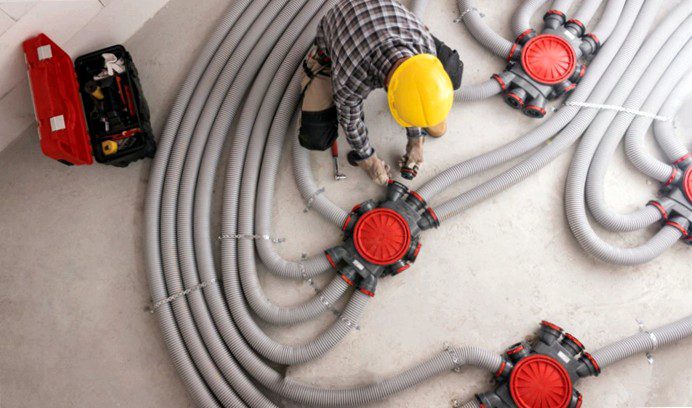Many people think the only way to cut energy costs is to make costly renovations. However, this is not always the case. One area where you can often save money is in the preparation of hot water. Because water heating can account for a significant portion of your energy bill. There are several ways to reduce your water heating costs.
According to current statistics, the average person uses about 30-45 liters of hot water per day. This amount can add up quickly over the course of a year, especially for families. A family of three, for example, can easily save 38 in a year.Use 300 liters of hot water. That's enough to fill more than 250 bathtubs.
Of course, all that hot water has to be heated somehow. If you use the heating system, the annual cost can be about 180 euros. However, when electric storage tanks or instantaneous water heaters are used instead of heating, expenses can increase to more than 750 euros per year. So it's important to weigh the pros and cons before deciding which method of water heating is best for you and your family.
1 – The simplest tip: save water
The easiest way to lower your water heating costs is to conserve water. It's not about giving up the comforts you're used to, but reducing consumption where it's unnecessary. For example, homeowners should only run the water when it is actually needed and watch out for dripping faucets.
Using toothbrush cups can also help to noticeably reduce hot water consumption. Switching from a full bath to a shower is also particularly effective. This can reduce hot water consumption by about two-thirds. The savings potential is even greater if water-saving fixtures are used. Here's how even small changes can have a big impact on your monthly bills. And with energy costs rising, it has never been more important to conserve resources wherever possible.
2 – Fixtures that save water
One way to reduce daily hot water use is to install water-efficient faucets. Special nozzles mix air into the water jet so that the faucets often use only half as much water as conventional models. Comfort doesn't have to be sacrificed in the process. Air jets provide a full stream of water. Savings are particularly high in the shower and at hand basins. You can find more recommendations in the article "Water saving tips in the household". With a few simple changes, you can save significant amounts of water and money.
3 – Central water heating
With a central hot water system, the water for the shower, bathtub and sink is heated by the central heating system and distributed throughout the house as needed. The main advantage of this system is that it is significantly cheaper than an electric system. A simple comparison of energy prices shows that electricity costs about 31.89 cents per kilowatt hour in July 2021, while gas costs about 6.44 cents per kilowatt hour. That means homeowners can save more than half the cost by switching to a centralized system. Another advantage of this system is that it is easier to install and maintain than an electric system. Electric systems require the installation of specialized equipment such as water heaters, which are expensive and difficult to maintain. Finally, a central hot water system is more efficient than an electric system because it requires less energy to heat the water and distribute it throughout the house. That makes it an environmentally friendly option for anyone concerned about their carbon footprint.
4 – Reduced use of hot water
Even a few degrees make a difference: taking less hot showers or washing your hands with cold water can significantly reduce your heating costs. You can find out how big your savings can be by calculating your hot water costs. The size of your tank, the type of fuel you use and your location all affect the cost of heating water. But even a small reduction in the temperature of your water heater can save you money. It's important to note: If you have a central hot water system with a hot water tank, don't set the temperatures too low. Because then legionella can multiply. Therefore, the water temperature in the entire piping system should not fall below 55 degrees Celsius. For larger water tanks, a temperature of 60 degrees Celsius is required by law. So if you make just a small change in your daily routine, you can save both energy and money.
5 – Use solar energy
The sun is a powerful source of energy that can be used for a variety of benefits for your home. One way to do this is with a solar water heating system. Solar water heaters use the sun's energy to heat water, which can then be used for bathing, cooking or other purposes. Benefits of solar water heaters include lower energy costs and carbon footprint. In addition, solar water heaters can provide a reliable source of hot water even during power outages. Although the initial cost of installing a solar water heater is higher than other types of water heaters, the long-term savings and environmental benefits make solar water heaters an attractive option for homeowners. If there is not enough solar energy available, the supply usually runs additionally on the heating system of the house



Tip: Thanks to ImmoTech's state-of-the-art technology, you can remotely monitor your property from anywhere in the world. These include drones, as well as scanners that can capture the inside of houses, and thermography tools to quickly measure temperature changes in large areas – all without being on site!
ImmoTech's thermography tools can help you figure out where and how best to make your properties energy efficient. Book a demo today and see for yourself.